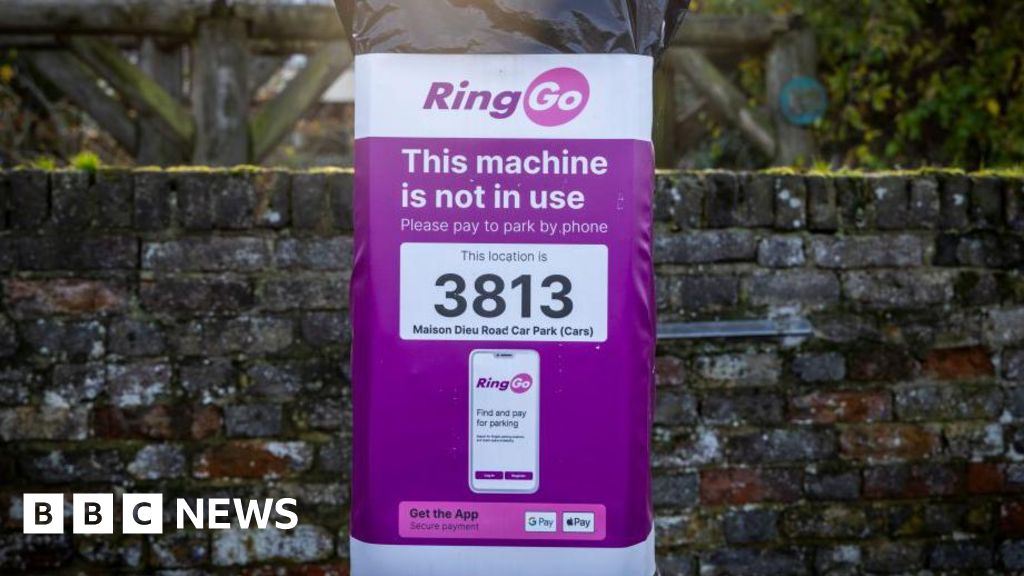ARTICLE AD BOX
Image source, Getty Images
Image caption,The Supreme Court made the final judgement on whether the case against Google can proceed
The UK's Supreme Court has rejected a claim that sought billions of pounds in damages from Google over allegedly illegal tracking of millions of iPhones.
The judge said that the claimant had failed to prove damage had been caused to individuals by the data collection.
But he did not rule out the possibility of future mass-action lawsuits if damages could be calculated.
The case will have implications for similar mass action lawsuits.
The judgement said a key issue was that the "the claim has been framed in order to try to bring it as a representative action" for many people.
The claimant seeks damages... for each individual member of the represented class without attempting to show that any wrongful use was made by Google of personal data relating to that individual or that the individual suffered any material damager or distress as a result of a breach," it read.
"Without proof of these matters, a claim for damages cannot succeed."
But it added that the case had a "real chance of success" if pursued by the claimant as an individual, instead of as a mass action.
The Google case - brought by Richard Lloyd, the former director of consumer rights group Which? - alleged that between 2011 and 2012 Google cookies collected data on health, race, ethnicity, sexuality and finance through Apple's Safari web browser, even when users had chosen a "do not track" privacy setting.
He sought compensation for 4.4 million affected users. While each individual iPhone owner would have got a small payout, the fine for Google could have run into the billions.
The long-running case began in 2017 and has been through the High Court and the Court of Appeal before being escalated to the UK's Supreme Court.
If it had succeeded, it could have opened the floodgates to many more mass actions against tech firms for data breaches.

 3 years ago
44
3 years ago
44








 English (US) ·
English (US) ·